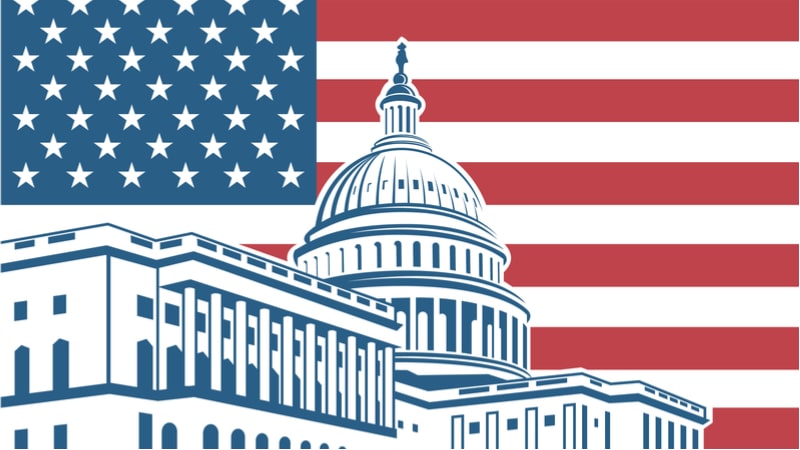
Sens. Catherine Cortez Masto, D-Nev., Chuck Schumer, D-N.Y., Amy Klobuchar, D-Minn., and Maggie Hassan, D-N.H., introduced the Deter Obnoxious, Nefarious, and Outrageous Telephone (DO NOT) Call Act of 2019 on June 14. The legislation “will improve enforcement and enhance penalties for violations made under the Telephone Consumer Protection Act (TCPA),” according to the bill’s sponsors.
“Most robocalls aren’t just unwanted and disruptive – they are illegal, and often target seniors and vulnerable Americans,” said Sen. Klobuchar. “Our legislation will give law enforcement the tools they need to crack down on scammers and deter criminals from abusing robocalls.”
The legislation, if passed, would create a penalty specific to violations of TCPA that could include up to one year in prison for “any willful and knowing violation.” Additionally, the legislation would increase maximum civil and criminal penalty fines to $20,000 – from $10,000 – for falsifying caller identification data.
Furthermore, the legislation would penalize those who commit an “aggravated” version of the offense, which would subject individuals to a maximum 3-year prison sentence. The bill’s sponsors say aggravated offenses would include a previous conviction under the TCPA; an offense involving more than 100,000 violations in a day, one million in a month, or 10 million in a year; an offense committed in furtherance of a felony; or an offense which caused loss to one or more persons aggregating $5,000 in a year.
“Every single day, Americans across the country and throughout New York are inundated by deceitful, unwanted robocalls,” said Sen. Schumer. “These calls defraud Americans of billions of dollars each year and often target the elderly and the vulnerable,” he said. “This critical legislation will give law enforcement the resources they need to stop robocall predators and hold them accountable for their abuse.”
